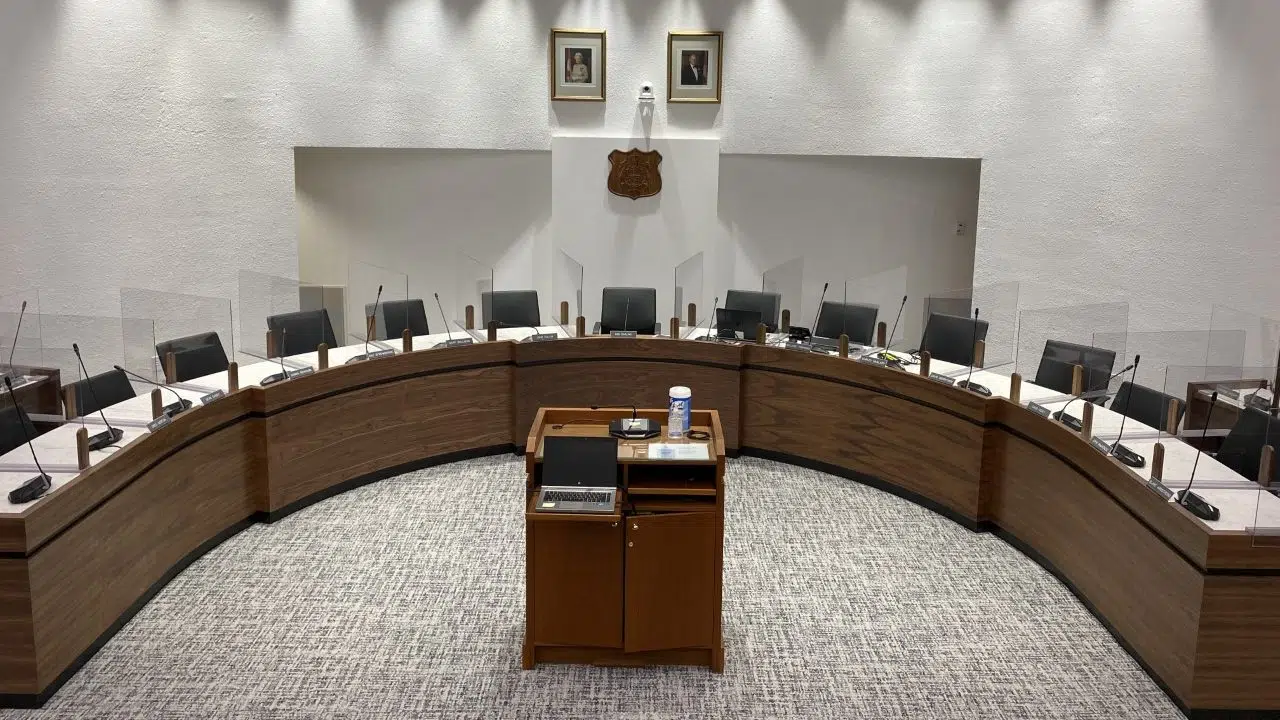Rising inflation and fuel prices are having an impact on Saint John’s municipal pocketbook.
Certain departments are being hit harder than others, according to assistant comptroller Craig Lavigne.
Expenses in public works and transportation, for example, were already over budget by around $450,000 at the end of April.
“The city had a very tough winter to start the year out, and certainly if that trend continues for the balance of the winter season, mitigation factors to cover these costs will have to be considered,” said Lavigne.
Lavigne’s presentation to the city’s growth committee last week showed road salt was over budget by $450,000 during the first four months of the year while fuel costs were over by $194,000.
By year’s end, staff are anticipating expenses in public works and transportation will be over budget by more than $768,000.
Meanwhile, overall expenses in the city’s general fund operating budget were under budget by around $477,000 during the first four months of the year. When you include revenue, which was $917,000 higher than expected, the city reported a positive variance of nearly $1.4 million.
Lavigne noted that every service area is showing surpluses in wages due to vacancies and recruitment issues, helping to offset higher costs for goods and services.
The city is also keeping an eye on capital project tenders, which Lavigne said are coming in higher than expected.
Coun. Paula Radwan said she hopes staff are re-evaluating whether they can do all of the projects planned for this year.
“I’d like to see us adjust if we have to and not tap into reserves,” said Radwan. “I’d prefer to hang onto those reserves as long as we can.”
As of the end of 2021, the city had $33 million set aside in its reserves, up from $19.4 million at the end of 2020.
The city has put an increased emphasis in recent years on building its reserve funds, which were essentially non-existent just a few years ago.
City manager John Collin said the city will be taking a balanced approach when it comes to all of its capital spends.
Collin said while staff may recommend delaying some projects, they may need to tap into reserves for more time-sensitive ones.
“In some cases, a particular capital project has to be done sequenced before other capital projects. In that case, if you delay the first one, you end up delaying an entire daisy chain of other capital projects,” he said.
“Rest assured, we have been having those discussions and we do not at all believe that it’s status quo and we forge ahead dollar-value irrelevant. We are considering this very closely.”




